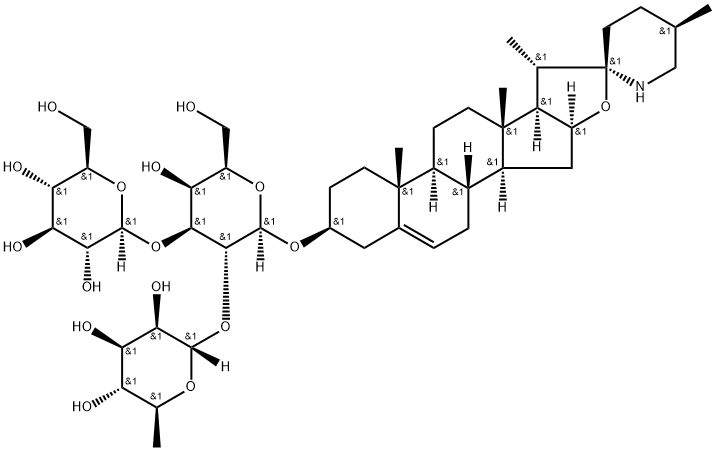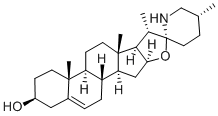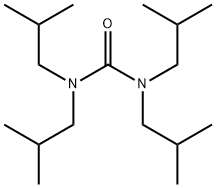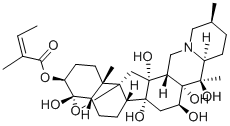A3178812
Diisobutylamine , 99% , 110-96-3
CAS NO.:110-96-3
Empirical Formula: C8H19N
Molecular Weight: 129.24
MDL number: MFCD00008930
EINECS: 203-819-3
Update time: 2022-07-08
PRODUCT Properties
| Melting point: | -77 °C (lit.) |
| Boiling point: | 137-139 °C (lit.) |
| Density | 0.74 g/mL at 25 °C (lit.) |
| refractive index | n |
| Flash point: | 85 °F |
| storage temp. | Flammables area |
| solubility | insoluble to slightly soluble in water; soluble in ethanol, methanol,
ethyl ether, ethyl acetate, acetone, benzene, aromatic and aliphatic hydrocarbons,
fixed oils, mineral oil, oleic and stearic acids |
| pka | 11.07±0.28(Predicted) |
| form | Liquid |
| color | Clear |
| Odor | amine odor |
| Water Solubility | 5 g/L (20 ºC) |
| Sensitive | Air Sensitive |
| BRN | 1209251 |
| Dielectric constant | 2.7(22℃) |
| LogP | 2.383 (est) |
| CAS DataBase Reference | 110-96-3(CAS DataBase Reference) |
| NIST Chemistry Reference | 1-Propanamine, 2-methyl-N-(2-methylpropyl)-(110-96-3) |
| EPA Substance Registry System | Diisobutylamine (110-96-3) |
Description and Uses
Diisobutylamine was used to study the effect of achiral amine on hydrogenation of ethyl pyruvate over cinchonidine-Pt/Al2O3 catalyst system. Diisobutylamine is the principal starting material for the herbicide Butylate (Zeneca).
Safety
| Symbol(GHS) |    GHS02,GHS05,GHS06 |
| Signal word | Danger |
| Hazard statements | H226-H301-H314-H412 |
| Precautionary statements | P210-P273-P280-P303+P361+P353-P304+P340+P310-P305+P351+P338 |
| Hazard Codes | C |
| Risk Statements | 10-22-34-52/53 |
| Safety Statements | 26-36/37/39-45-25-16-61 |
| RIDADR | UN 2361 3/PG 3 |
| WGK Germany | 1 |
| RTECS | TX1750000 |
| F | 34 |
| TSCA | Yes |
| HazardClass | 3 |
| PackingGroup | III |
| HS Code | 29211990 |
| Hazardous Substances Data | 110-96-3(Hazardous Substances Data) |






